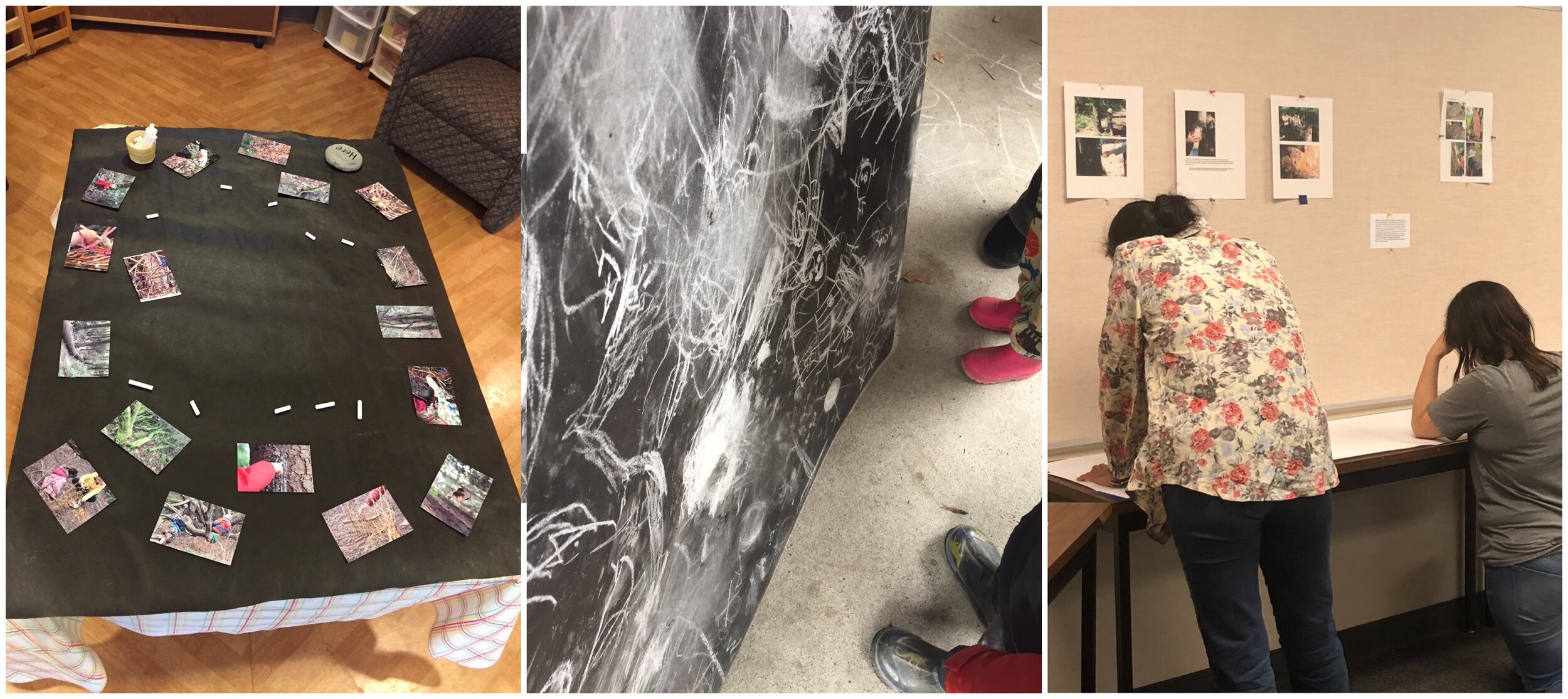Pedagogies of Re
What if we approach pedagogy where all the “re’s” must be taken as questions, not answers?
A standard English dictionary will inform its reader that the prefix re can mean to return to a previous condition or the repetition of an action. But Karen Barad offers an intriguing diffractive reading of the prefix re. In an interview with Malou Juelskær and Nete Schewennesen (2012), Barad shares a story about Alex Mufson’s work that engaged Barad’s agential realism to consider a restoration project that reintroduced the wolf to Yellowstone National Park. She makes the point that Mufson’s work “is not a general statement against restoration efforts and the like, but it says that all the ‘re’s,’ like ‘restoration,’ ‘reintroduction,’ ‘rehabilitation,’ ‘remediation’ must be taken as questions, not answers” (p. 22). What if we approach pedagogy in this way? Reread. Revisit. Rethink. Rewrite. Represent. Research. Restory. Reconfigure. Recompose. Living the re of these as questions, not answers. Mario Di Paolantonio (2014) suggests that dwelling with questions is particularly challenging in a Euro-Western culture that is driven to find practical solutions and answers, “relevant and purposeful applicable results at once” (p. 13). This drive is particularly pervasive in education, “which always feels compelled to find immediate novel responses to manage the latest crisis” (p. 13). Pedagogies of re demand we take up education as a call to question (where questioning is always shaped by that which we stand/hope/struggle for) and commit to the pedagogic labour this requires.
B. Denise Hodgins
References
Juelskjær, M., & Schwennesen, N. (2012). Intra-active entanglements; an interview with Karen Barad. Kvinder, Køn and Forskning, 10-23.
Di Paolantonio, M. (2014). The uselessness of philosophy. Antistasis, 4(2), 12-15
